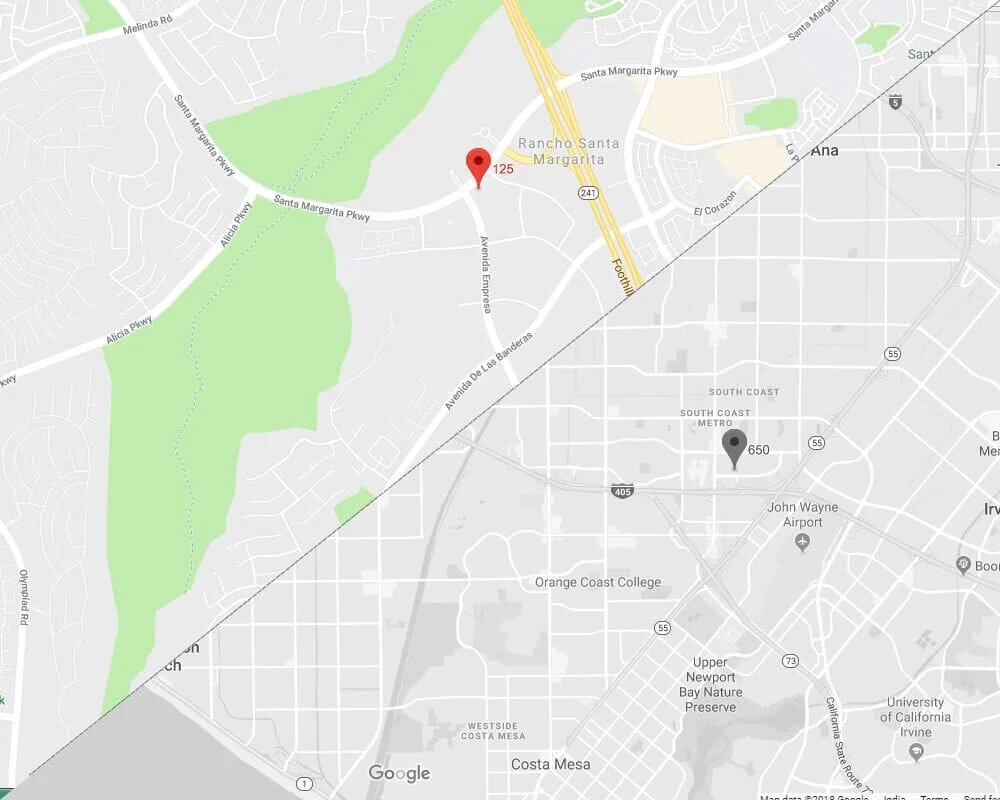
Are Probable Cause And Reasonable Suspicion The Same Thing?
To most Costa Mesa, California residents, reasonable suspicion and probable cause sound like the same thing — just worded a bit differently. However, there are legal differences between these two terms that could play a role in whether a police officer has the right to initiate a traffic stop and conduct any further investigation.
The difference between reasonable suspicion and probable cause can become particularly important if a traffic stop leads to charges of driving under the influence (DUI).
What does reasonable suspicion mean?
As it relates to a DUI stop, “reasonable suspicion” means that a police officer has some valid cause to believe a driver is operating a vehicle under the influence of alcohol or drugs.
Officers rely on their training and education to spot potentially incapacitated motorists, and a motorist’s behavior is often key. For example, they may look for drivers who are weaving, driving too slowly or making erratic stops and starts.
What does probable cause mean?
Although officers may stop motorists for suspicion of DUI, they must establish “probable cause” before making an arrest. In essence, this means only that the officer must have evidence that a driver is impaired by drugs or alcohol in order to justify charging a driver with a DUI.
Typically, this can involve a failed Breathalyzer test, but it can also include a driver’s own admission that they were drinking, failed field sobriety tests, the odor of alcohol on a driver’s breath coupled with their slurred words and so on.
As you can see, the wording of legal terms and the U.S. Constitution can play a vital role in the outcome of criminal cases, including DUI stops and arrests. If an officer stops you without reasonable suspicion or makes an arrest without probable cause, it weakens the prosecution’s case against you. Working with an experienced defense attorney can protect your rights if you’re facing charges.
Learn More About What We Can Do To Help
We invite you to call us at 949-459-5900 to schedule your free initial consultation. You can also reach our firm by contacting us online.
Tell Us About Your Case
Each time we take a case, we look at the big picture: What can we do to best help solve the problem as efficiently as possible. We use our experience and creativity to propose solutions that allow you to put your legal matters behind you.
© 2025 Brown & Stedman LLP. All rights reserved.
